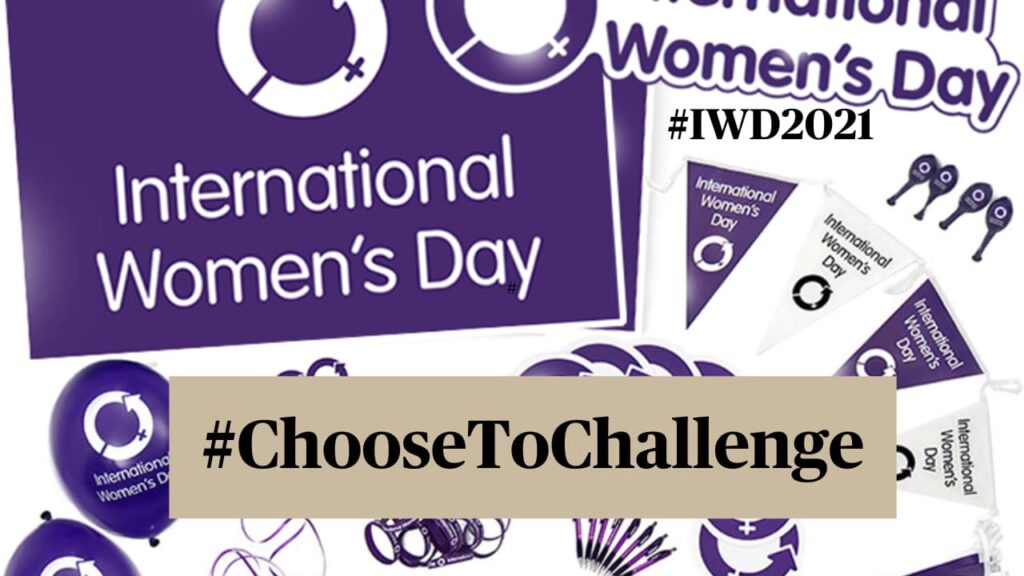Interruptions at work are common, but perhaps men and women interpret them differently. A few years ago, I was pitching a new idea to a roundtable but left the experience of being routinely interrupted as I tried to get my key points out, feeling a bit battered, bruised and afterwards felt near to tears. The reaction from others, however was illuminating. A female colleague intuited how I’d felt and found me in the bathroom where she consoled me. Once I’d collected myself, a guy I didn’t know well, but who had been in the meeting, came up to me and said – ‘Wow, you certainly got people thinking!’

When I countered with ‘But I could barely get a word out edgewise’. He brushed that off, saying the listeners – all men in that particular meeting, were showing ‘engagement’ as they interrupted and talked over me. You have to be pretty generous to consider interruptions at work as ‘engagement’. If it truly was, there probably wouldn’t have been the audience there’s been for ‘Beyond the Boys’ Club’.
His consolation took me straight back to my 8 year old self complaining to my mother that a particular classmate had pushed me with the explanation ‘He must like you!’ – a brush-off I hope we’re growing out of when we’re actually talking about bullying and even assault.
No doubt you’ll have winced when you’ve seen female politicians, business leaders, and even women colleagues face frequent interruptions at work. They happen to all professionals, but as you probably guess because you’re reading it here – interruptions at work aren’t spread equally between the genders.

A University of Stanford study of 5,000 Americans focused how men and women interrupting with identical scripts were perceived by listeners. Women who interrupted a speaker were judged by male listeners as ruder, colder and even less intelligent than men interjecting with the exact same words. On the other hand, women listeners showed no gender bias; rating male and female interrupters the same way.
Linguistics research shows that women speak up less in meetings. So take it seriously when they chose to go against expected gender norms by interrupting. It likely means they feel very strongly about the point they are raising. To this point, if you find yourself at this type of meeting as a listener, two things you can do to support the interrupter would be:
1. Support her with ’Sorry to go deeper on this (acknowledging your continuing the interruption), but Sarah raises a good point.’
2. Before people question Sarah’s motives later, ask ‘What was useful about Sarah getting to the heart of the matter?’


